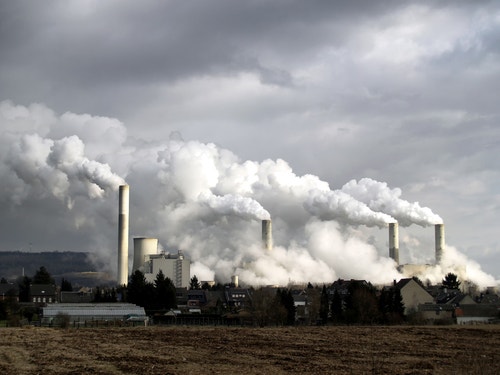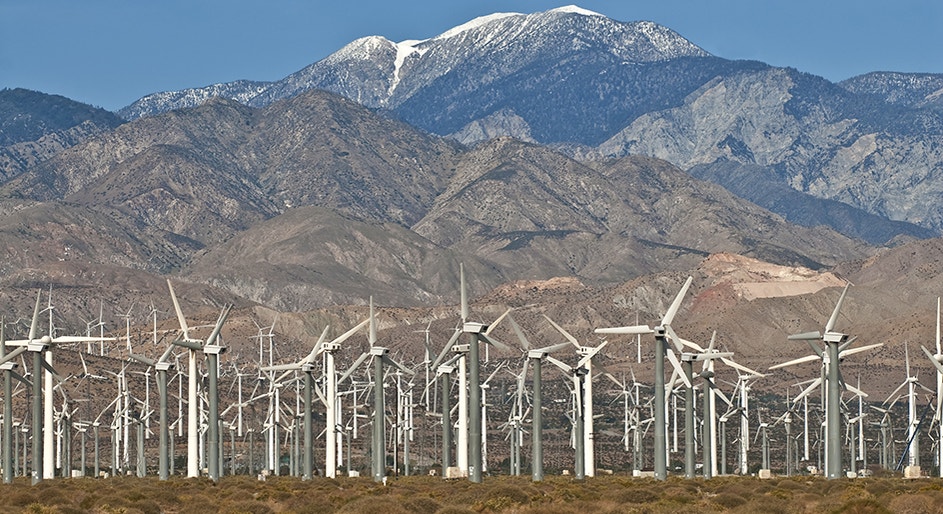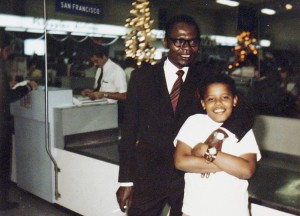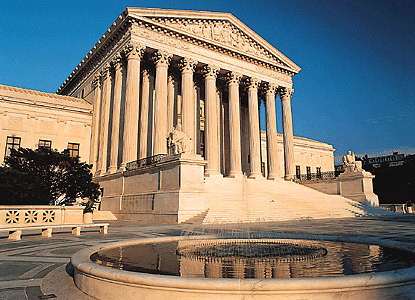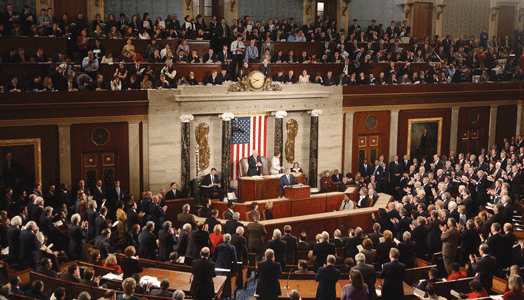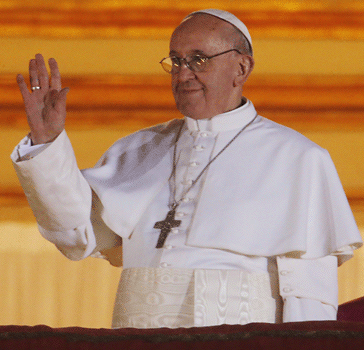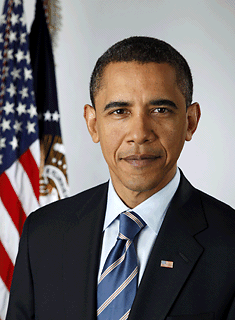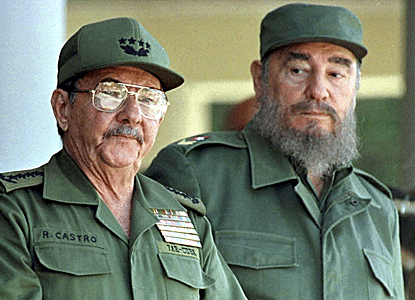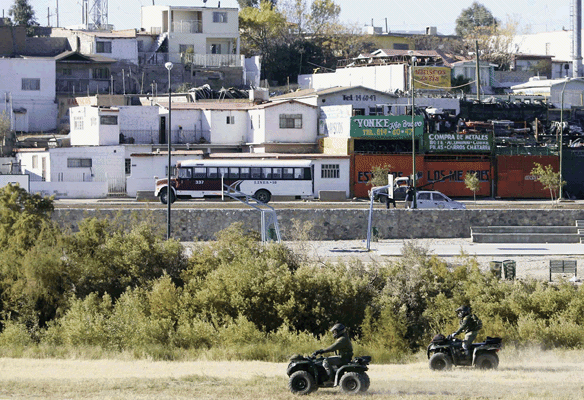President Obama Visits an American Mosque
Thursday, February 4th, 2016February 4, 2016
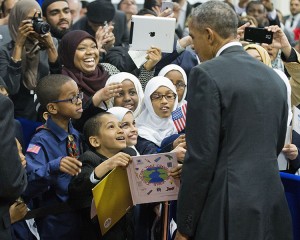
U.S. President Barack Obama stops to greets children from Al-Rahmah School, the parochial school connected to the Islamic Society of Baltimore, a mosque, on February 3, 2016. The president made his first visit to an American mosque at a time when Muslim-Americans say they are confronting increasing levels of bias in speech and actions from their fellow Americans. Credit: © Pablo Martinez Monsivais, AP Photo
Yesterday, for the first time in his presidency, U.S. President Barack Obama visited an American mosque. As president, Obama has visited mosques in foreign nations, but never one in the United States. His hesitancy about such a visit at home can be traced, at least in part, to a continuing misconception held by a number of Americans—the false belief that President Obama is a Muslim. According to polls, approximately 1/3 of the people in the United States believe Obama is a follower of the Islamic faith. The president is, in fact, a Christian.
The president’s father, Barack Obama, Senior, was Kenyan. Obama Senior was born a Muslim, but had become an atheist by the time of his marriage to President Obama’s mother. The president’s mother, Ann Dunham, was an American who was a non-practicing Christian. Obama was born in Hawaii, but lived overseas for part of his childhood, mostly in Indonesia, where he encountered both Muslims and Hindus, so he was exposed to many religions. While living in New York City as a young man, he occasionally attended African American Christian churches. In the early 1990′s, he moved to Chicago and chose the Protestant faith as his own. He was baptized at Trinity United Church of Christ in Chicago.
Now, in Obama’s last year as president, it may be that he, or his staff, have less concern about speaking to problematic issues. During this last year as president, Obama has been more willing to speak about racial and religious intolerance. On February 3, the president visited the Islamic Society of Baltimore, in Maryland, where he removed his shoes as a sign of deference (a Muslim custom for visitors to a mosque) and recited phrases from the Qur’ān. He also gave a speech that The New York Times considered to be a “bookend” to a speech he delivered at Cairo University In Egypt in 2009. Then, President Obama stated, “I’ve come here to Cairo to seek a new beginning between the United States and Muslims around the world, one based on mutual interest and mutual respect, and one based upon the truth that America and Islam are not exclusive and need not be in competition. Instead, they overlap, and share common principles—principles of justice and progress; tolerance and the dignity of all human beings.” Still speaking to a theme of religious tolerance and understanding nearly eight years later, in Baltimore the president said, “First, at a time when others are trying to divide us along lines of religion or sect, we have to reaffirm that most fundamental of truths: We are all God’s children. We’re all born equal, with inherent dignity. And so often, we focus on our outward differences and we forget how much we share. Christians, Jews, Muslims—we’re all, under our faiths, descendants of Abraham. So mere tolerance of different religions is not enough. Our faiths summon us to embrace our common humanity.”
Some of the speech could be seen as a rebuttal to Republican candidates in the 2016 presidential race who have called for banning Muslims from entering the United States. Obama’s message was instead one of American inclusiveness.
Other links
- The White House (videotape of President Obama’s speech, “A New Beginning,” given at
Cairo University on June 4, 2009) - The White House (text of the president’s speech given on February 3, 2016, at a mosque in Baltimore, Maryland)


